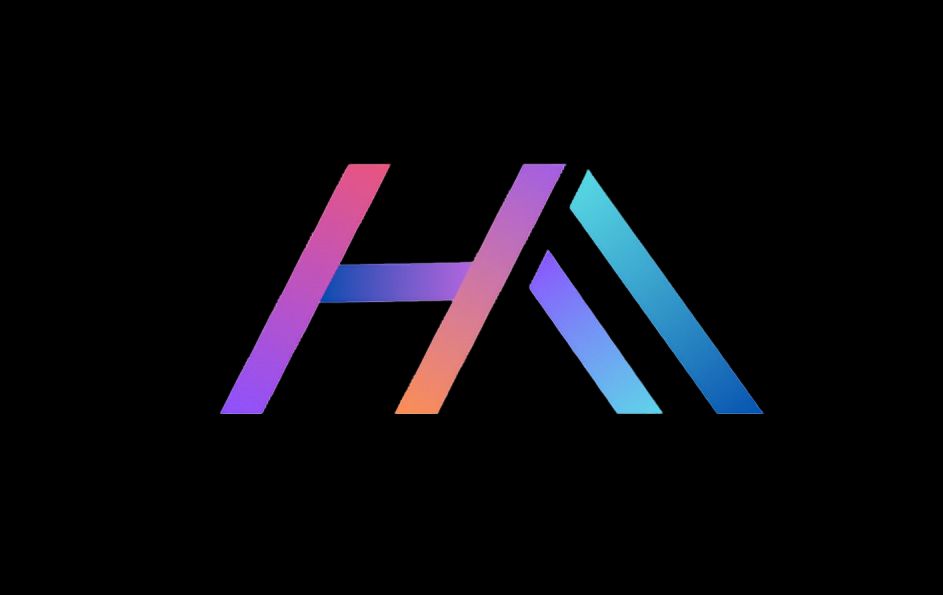The AI automation landscape is evolving at breakneck speed, with AI automation agencies leveraging cutting-edge tools to deliver transformative business solutions. As we move through 2025, certain technologies have emerged as essential components in the toolkit of leading agencies like Myhai.
This article reveals the top 10 AI tools and platforms that every forward-thinking AI automation agency is using to drive intelligent automation, enhance operational efficiency, and deliver measurable business impact.
1. Generative AI Platforms (ChatGPT-5, Gemini Ultra)
Why agencies use them:
- Create human-like content at scale
- Power conversational AI interfaces
- Generate code for automation workflows
Implementation example:
An AI automation agency might deploy fine-tuned GPT-5 models to handle 80% of customer service inquiries while maintaining brand voice consistency.
2. Computer Vision Frameworks (OpenCV, TensorFlow Object Detection)
Key applications:
- Quality control in manufacturing
- Document processing and data extraction
- Retail inventory management
Case study:
Myhai implemented computer vision for a retail client, reducing inventory counting time by 95% while improving accuracy to 99.8%.
3. Process Mining Software (Celonis, UiPath Process Mining)
Why it’s essential:
- Identifies automation opportunities
- Reveals process bottlenecks
- Measures automation impact
Agency tip:
Top AI automation agencies use process mining before implementation to guarantee maximum ROI from automation projects.
4. Multimodal AI Models (Claude 3, GPT-4 Vision)
Breakthrough capabilities:
- Analyze images, text, and audio simultaneously
- Enable complex document understanding
- Power next-gen virtual assistants
Implementation:
Agencies combine these with RPA to create systems that can process invoices, emails, and voice memos with human-level comprehension.
5. Autonomous Agent Platforms (AutoGPT, BabyAGI)
Game-changing features:
- Self-prompting AI systems
- End-to-end task completion
- Continuous learning loops
How agencies use them:
Myhai deployed autonomous agents for a logistics client, creating self-optimizing delivery routes that reduced fuel costs by 18%.
6. No-Code AI Builders (DataRobot, Akkio)
Democratizing AI:
- Enable business users to create models
- Rapid prototyping capabilities
- Seamless integration with existing systems
Agency advantage:
Leading AI automation agencies use these platforms to deliver solutions 60% faster than traditional development approaches.
7. Edge AI Processors (NVIDIA Jetson, Intel Movidius)
Why they matter:
- Enable real-time processing
- Reduce cloud dependency
- Enhance data privacy
Implementation example:
Used in factory settings for instant quality control decisions without latency or connectivity issues.
8. AI-Powered Testing Tools (Testim, Applitools)
Quality assurance revolution:
- Self-healing test scripts
- Visual validation AI
- Predictive test maintenance
Agency benefit:
Allows AI automation agencies to guarantee flawless performance of deployed solutions with minimal manual oversight.
9. Knowledge Graph Platforms (Neo4j, Stardog)
Enterprise intelligence:
- Connect disparate data sources
- Enable complex reasoning
- Power intelligent search
Case study:
Myhai implemented a knowledge graph for a healthcare provider that reduced research time for medical staff by 40%.
10. Responsible AI Toolkits (IBM Fairness 360, Google Responsible AI)
Ethical imperative:
- Detect model bias
- Ensure regulatory compliance
- Maintain audit trails
Why agencies prioritize this:
Top-tier AI automation agencies build trust by making ethical AI practices transparent to clients.
Implementation Strategies Used by Leading Agencies
1. Hybrid Approach
Combining proprietary models with best-of-breed commercial solutions
2. Continuous Optimization
Using MLOps pipelines to ensure models stay current
3. Secure Deployment
Implementing robust data governance from day one
4. Measurable Outcomes
Building detailed performance dashboards for clients
The Future of AI Automation Tools
As we look beyond 2025, AI automation agencies are preparing for:
- Self-improving AI systems that evolve without human intervention
- Quantum-enhanced AI for solving previously intractable problems
- Emotionally intelligent interfaces that adapt to user moods
- AI legislation compliance tools as regulations mature
Choosing the Right AI Automation Partner
When evaluating an AI automation agency, ask about:
- Their experience with these specific technologies
- Case studies demonstrating measurable results
- Ongoing support and model maintenance
- Compliance and security protocols
The most successful implementations come from agencies that strategically combine these tools rather than relying on any single solution.
Conclusion
The AI automation agencies driving the most transformative results in 2025 are those mastering this comprehensive toolkit. From generative AI to responsible AI frameworks, the right combination of technologies can automate complex processes while delivering measurable business value.
Companies looking to implement AI automation should partner with agencies like Myhai that have proven expertise across this entire spectrum of tools, ensuring solutions are both cutting-edge and practical for real-world deployment.
Ready to leverage these AI technologies for your business? Contact a leading AI automation agency today to discuss which tools would deliver the greatest impact for your specific needs and challenges.









